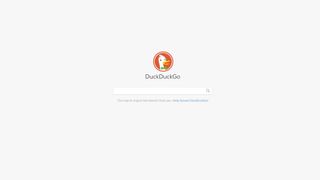

The upshot of all this is that using a VPN prevents your ISP from knowing what you do on the internet. Keeping logs of DNS translation is the main way that most ISPs keep tabs on what their customers do online. DNS is basically like a big phone book that translates the easy-to-remember URLs that people use into the numbers computers really use to identify websites and other internet resources.ĭNS, for example, translates the URL into its corresponding IP address of 185.159.159.142. Your VPN provider also handles DNS translation, which is normally performed and logged by your ISP. This prevents your ISP from seeing the contents of your data, including destination data that can usually tell it which websites and other resources you connect to on the internet. Why you need a VPN Privacy From your ISP and governmentĪ VPN encrypts the connection between your device and the VPN server.

Prevents your internet service provider from seeing your activity online.This deceptively simple setup is very useful. This is great for bypassing censorship and “spoofing” your geographic location. VPN providers (including ProtonVPN, of course) maintain VPN servers located all over the world.The VPN server sits between your ISP and the internet, blocking your ISP from seeing your online activity and preventing the websites you visit from seeing your real IP address.The connection between your device and the VPN server is encrypted, preventing your internet service provider (ISP) from seeing the contents of your data as it travels between them.

A VPN app connects your device to a VPN server, which is run by a VPN provider (such as ProtonVPN).It connects your computer, smartphone, or tablet to another computer, called a VPN server, via an encrypted “tunnel” that protects your data from prying eyes. What is a VPN?Ī virtual private network (VPN) is a suite of technologies, the primary aim of which is to improve your privacy when using the internet. Our sister article, How does a VPN work?, provides a more detailed and technical overview of what is going on under the hood. This article explains what VPNs are, what they do, and whether you need one. An almost daily drumbeat of data breaches and online privacy violations has fueled public interest in VPN services such as ProtonVPN.


 0 kommentar(er)
0 kommentar(er)
